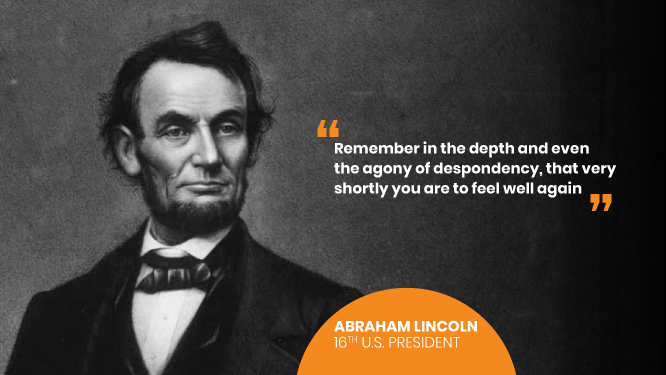World Mental Health Day: Ask for help

Retarded, crazy, suicidal, depressed, are terms that have been misused numerous times. Loosely referring to each other as depressed or addressing someone in a condescending tone calling them suicidal, ‘stay away from them’ is the mindset and attitude humans have come to accept as ‘normal’.
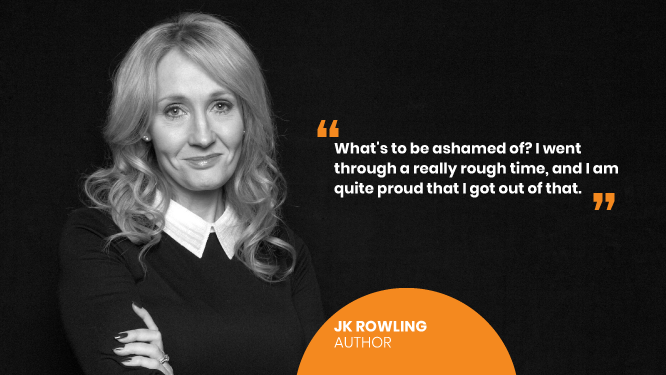
Even today, the entire gamut of mental health, mental stability and mental illness are often looked at with ambiguity. Owing to the vast number of awareness initiatives, mental health advocates, and social media, the downright disrespectful and piercing eyes have now become cautious if not considerate. The cautious sentiment arises out of forced awareness, and also fear of what mental health might entail.
The World Health Organization (WHO) has defined Mental health as “a state of well-being in which every individual realizes his or her own potential, can cope with the normal stresses of life, can work productively and fruitfully, and is able to make a contribution to her or his community.”
In the spirit of supporting the cause of Mental Health, initiated by the World Federation for Mental Health (WFMH) and supported by the World Health Organization (WHO), 10th October is globally observed as World Mental Health Day to raise awareness through initiatives focusing on mental health education and eradicating the social stigma surrounding mental health.
Current Scenario
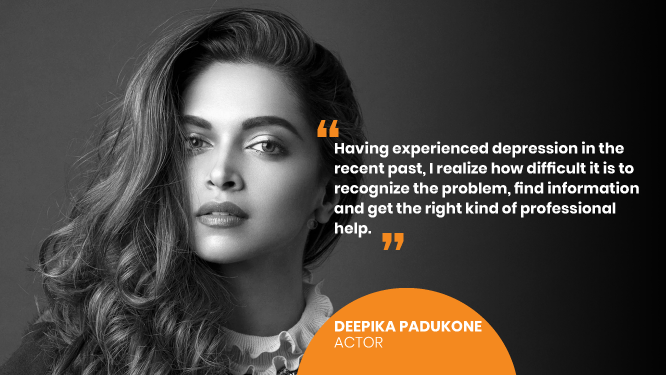
One in four people suffer from or are likely to suffer from a mental illness today. WHO numbers from 2002 stated that globally 154 million people suffer from depression, this number has gone up to 264 million in 2019, and is expected to touch 450 million in the near future owing to lifestyle, work environment and social media, among other stressors. A Galaxy poll of nearly 1,300 employees found that one-third of workers admit to faking an illness to get the day off work because they feel they are not coping. Mental distress can lead to life altering consequences, the gravest of all being suicide.
“An estimated 8,00,000 people globally lose their life to suicide every year, equating to around one person every 40 seconds. Suicide is the leading cause of death among young people aged 15-29, with people of all ages being vulnerable. The WHO South-East Asia Region is the world’s most affected region, accounting for 39 percent of global suicide mortality,” said Dr. Poonam Khetrapal Singh, WHO Regional Director for South-East Asia.
While symptoms have been identified to signal mental distress, the severity and intensity would differ from individual to individual. The most common symptoms include loss of interest in daily activities, erratic mood swings and sudden changes in behavior, appetite, and sleeping patterns, among others. Inability to understand and decode what is going on in one’s mind to cause such extreme external changes can be frustrating. This frustration either turns into or adds to anxiety--leading to a burn out, nervous breakdown, panic attack, state of shock, fainting, and at times can condition the individual to contemplate suicide. If not checked in time, lack of medical care to treat mental health can lead to acute, chronic and clinical conditions which cover but are not limited to:
- Clinical depression
- Anxiety disorder
- Bipolar disorder
- Psychotic disorder
- Suicidal thoughts/attempts
- Substance abuse
- Post traumatic stress disorder (PTSD)
Mental illnesses can impact people of all age groups across all countries.
You are not alone
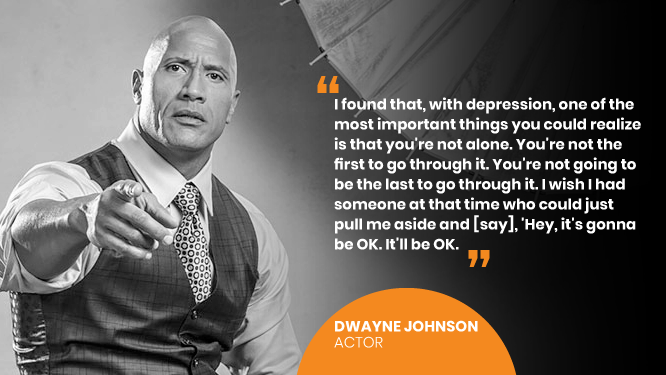
More often than not, if you are facing depression, chances are that you feel that you are the only one. That’s not true!
Prince Harry, Duke of Sussex, spoke out about his battle against anxiety in an interview with The Telegraph, noting that, “The experience that I have is that once you start talking about it, you suddenly realize that actually, you're part of quite a big club."
Here are some immediate steps that can help you get through this difficult but treatable illness:
- Talk: If you experience recurring disturbing thoughts or symptoms, you must reach out to a professional counsellor immediately, or talk to a trusted family member, friend or colleague about what is troubling you. While financial cost and insurance are often obstacles to avail help, you can call the helpline number(s) for your city/country. Helplines are often responsive and free of cost, you can receive immediate guidance on how to stabilize your thoughts.
- Understand it’s a health condition: Understand that a mental health issue is a health condition, similar to how you also suffer from physical ailments. There is no need to isolate yourself or feel embarrassed or ashamed. Instead, recognize that you need to take care of your mental health and prioritize the treatment over everything else.
- Recovery phase: To put it out clearly for you, recovery process and time is anything but a quick fix. It takes its due course of time. What is needed from you is to give yourself time to recover, practice empathy towards yourself, make both physical and mental exercise a part of your daily routine and fight those thoughts that pull you down every single day. It is a long journey, but you are worth the effort to take it on!
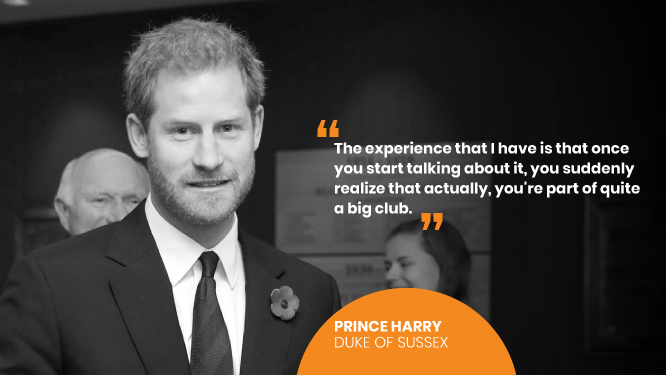
If you know someone who is suffering from a mental health condition, here’s how you can help:
- End the stigma: The world needs more support and less judgement. Millions of lives are being affected by mental illnesses, and millions are at risk of being exposed to it. Understand the impact, get clarity where needed and be vocal about the importance of focusing on treatment of mental health conditions. Help your loved ones breakthrough the psychological web of self-doubt and lack of self-worth.
- Listen with patience: Existing social stigma and the fear of being exposed to public scrutiny with questions on their credibility and abilities, makes it difficult for individuals to share what they are going through publicly. Allow them to share how they feel, reserving any bias or judgement you might have. It is alright to not agree with everything they say, all that is needed is to give them a safe space to open up about their struggles.
- Respect privacy: Under no circumstances must you share something told to you by the individual in confidence with a third person, unless there is a need to alarm and get help from support groups, or a professional psychologist. The slightest comment or question, even with the best of intentions can do more harm than good in this situation.
- Check-in: If you have come across someone who is suffering from one or the other form of a mental health condition, check-in with them on a regular basis. Depending on the nature of your conversation with them, follow-up with them on how they are doing, have they found help or if they need your help in connecting them with someone.
- Workplace policies: There is a need to introduce mental health day-off and mental health sabbaticals. Encourage employees to make use of these policies to look after their mental health, this will be a chain reaction and will result in building an environment where the person in need will be able to trust the system and ask for help.
